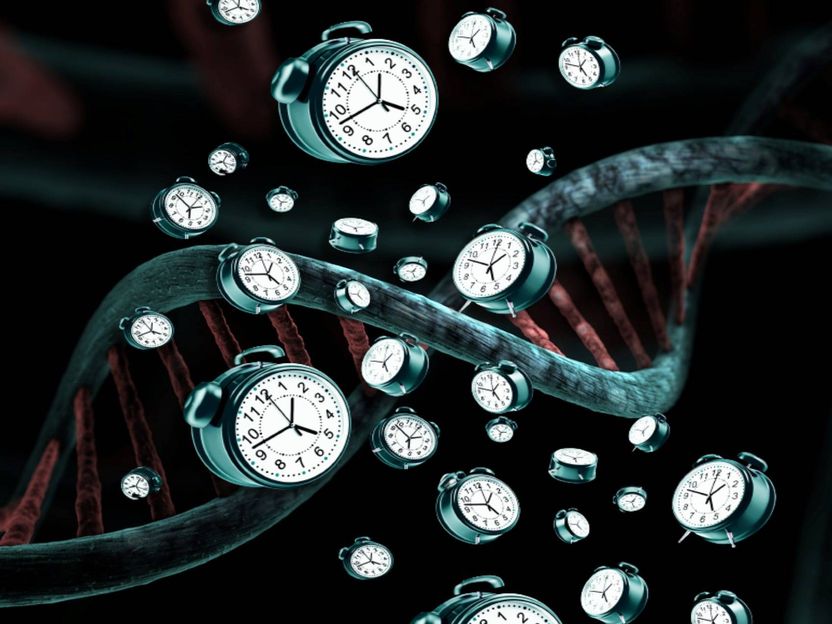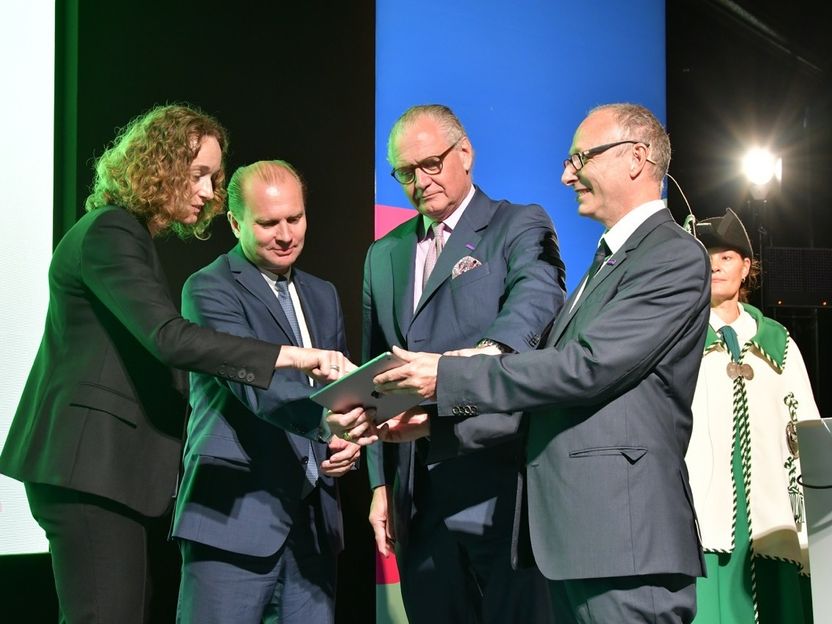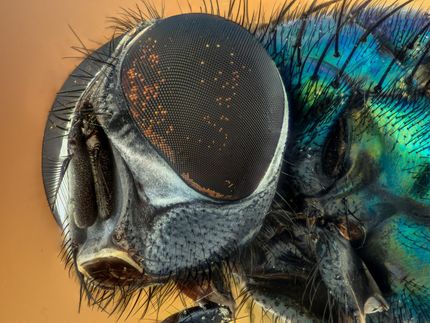Genes newly linked to longer human lifespan
A group of genes that play an essential role in building components of our cells can also impact human lifespan
The genes have previously been found to extend lifespan in small organisms, such as making fruit flies live 10% longer, but this is the first time scientists have demonstrated a link in people as well, as they report in a new Genome Research paper.

Symbolic image
pixabay.com
Co-lead author Dr Nazif Alic (UCL Institute of Healthy Ageing) said: “We have already seen from extensive previous research that inhibiting certain genes involved in making proteins in our cells, can extend lifespan in model organisms such as yeast, worms and flies. However, in humans, loss of function in these genes has been seen to cause diseases, such as developmental disorders known as ribosomopathies.
“Here, we have found that inhibiting these genes may also increase longevity in people, perhaps because they are most useful early in life before causing problems in late life.”
The genes are involved in the protein synthetic machinery of our cells, which is essential for life, but the researchers say it may be that we do not need as much of its effect late in life. The genes appear to be an example of antagonistic pleiotropy, where genes that shorten our lives are selected for in evolution if they help us early in life and through our child-bearing years.
The researchers reviewed genetic data from previous studies involving 11,262 people who had lived an exceptionally long life, to an age above the 90th percentile of their cohort. They found that people with reduced activity of certain genes were more likely to live very long lives. The genes are linked to two RNA polymerase enzymes (Pols) that transcribe ribosomal and transfer RNAs, namely Pol I and Pol III, as well as the expression of ribosomal protein genes.
The scientists found evidence that the genes’ effects were linked to their expression in specific organs, including abdominal fat, liver, and skeletal muscle, but also found that the effect on longevity went beyond just associations with any specific age-related diseases.
The findings add to the evidence that drugs such as rapamycin, an immune regulator which acts to inhibit Pol III, may be helpful to promote healthy lifespan.
Professor Karoline Kuchenbaecker (UCL Genetics Institute) said: “Ageing research in model organisms, such as flies, and in humans are often separate efforts. Here we are trying to change this. In flies we can experimentally manipulate ageing genes and investigate mechanisms. But ultimately, we want to understand how ageing works in humans. Bringing the two fields together using methods such as Mendelian Randomisation has the potential to overcome the limitations of both fields.”
Original publication
Other news from the department science

Get the life science industry in your inbox
By submitting this form you agree that LUMITOS AG will send you the newsletter(s) selected above by email. Your data will not be passed on to third parties. Your data will be stored and processed in accordance with our data protection regulations. LUMITOS may contact you by email for the purpose of advertising or market and opinion surveys. You can revoke your consent at any time without giving reasons to LUMITOS AG, Ernst-Augustin-Str. 2, 12489 Berlin, Germany or by e-mail at revoke@lumitos.com with effect for the future. In addition, each email contains a link to unsubscribe from the corresponding newsletter.
Most read news
More news from our other portals
Last viewed contents
Justin_Keating

Stäubli Tec-Systems GmbH Robotics - Bayreuth, Germany

Merck expands biotech capacities - Swiss facility in Aubonne grows
Joseph_W._Alexander
CVS_Caremark_Corporation
BASF and CSM announce joint production development of biobased Succinic Acid




















































